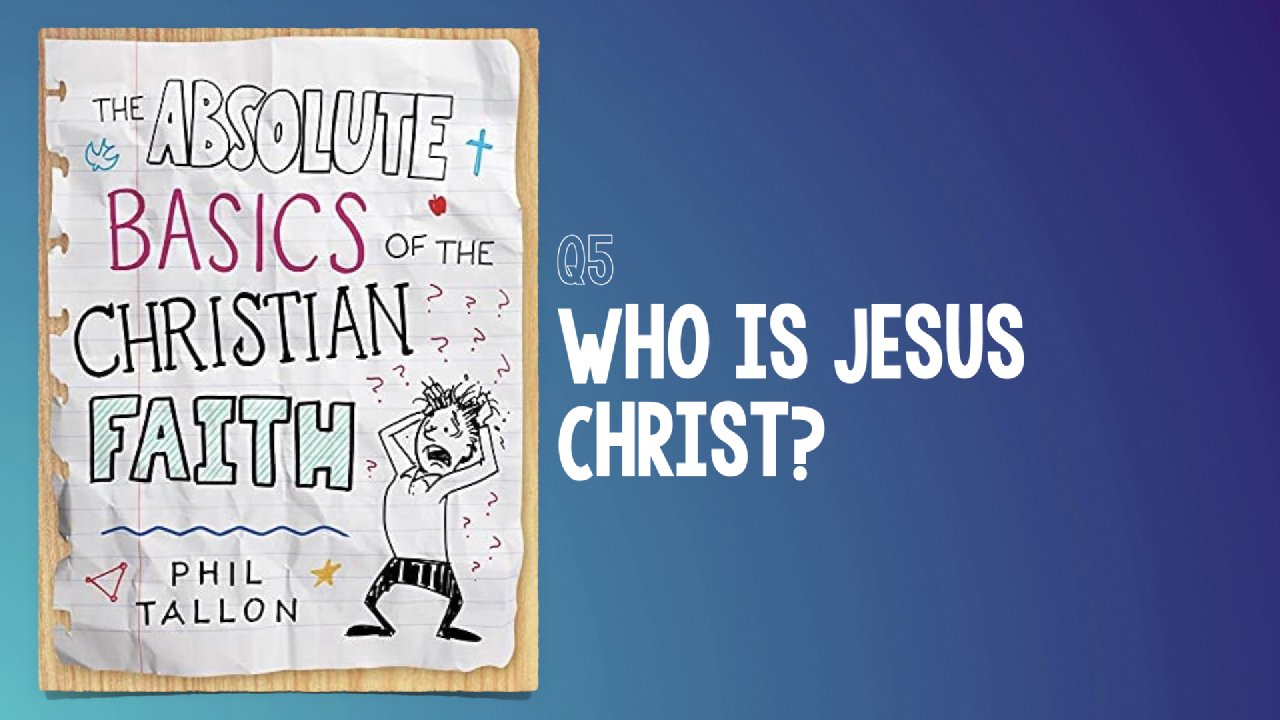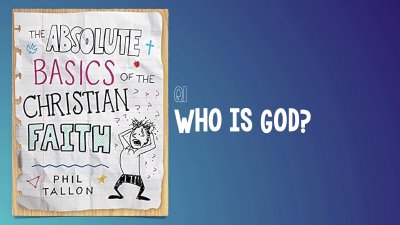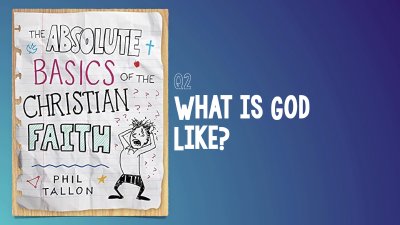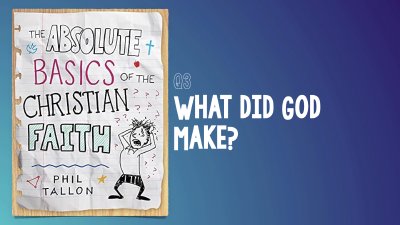Q5. Why is Jesus Christ?
A. The eternally begotten Son of God and the Son of Mary. Fully divine. Fully human. (John 1:14)
● Discussion Question: Look up and read Romans 3:23 and 6:23, and John 1:14. What is the problem that humanity has before God? Is our problem something we could fix on our own? What is God’s plan to solve our problem? (Why would God do that?)
● Discussion Question: Remember the image of the ladder from the lesson. Look up and read Genesis 28:10–17 (Jacob’s dream) and John 1:43–51 (Jesus calling disciples, notice v.51). Where is God in that picture? Where are we?
● Discussion Question: Jesus is the fulfillment of God’s amazing redemptive plan. As we saw, Jesus Christ was a part of a greater historical plan that includes other covenants with the Jewish people. Why didn’t the Father just send Jesus down right after the fall?
● Discussion Question: God coming to earth is a bit of a plot twist in the grand story of God. As we might expect looking back (and can see for sure in history), it took a lot of people by surprise. Do you think there was any otherway God could have restored the broken relationship?
● Discussion Question: Why is it important that Jesus is both fully man and fully God?
● Discussion Question: Jesus was fully man, sure, but He was also fully God. How are we supposed to relate to Him? Can we relate to Him?
● Discussion Question: What was the most important idea you learned from this lesson? Is there anything you still don’t understand?
● Application Question: Because Jesus is fully human, what does this mean for us, here and now?








